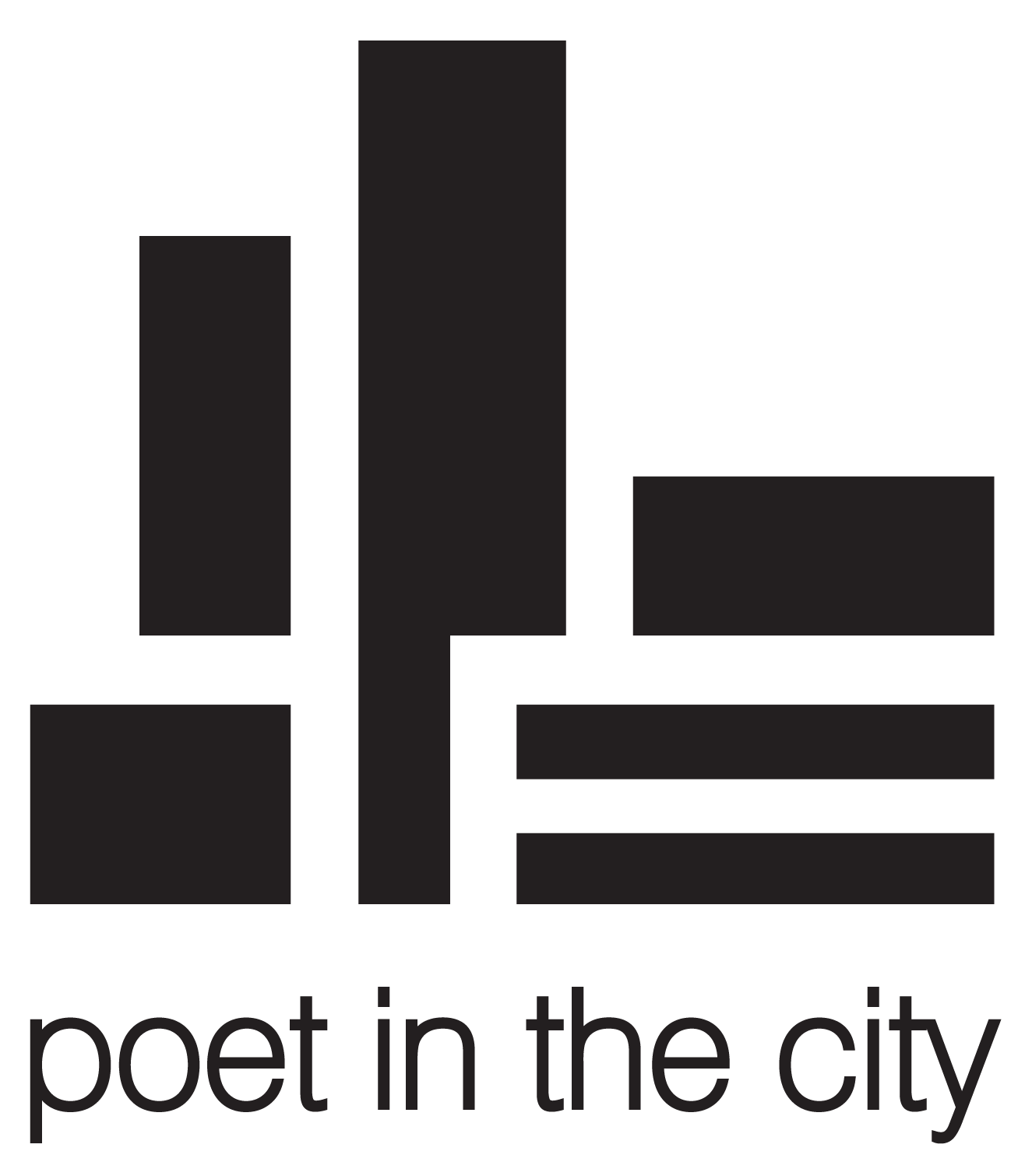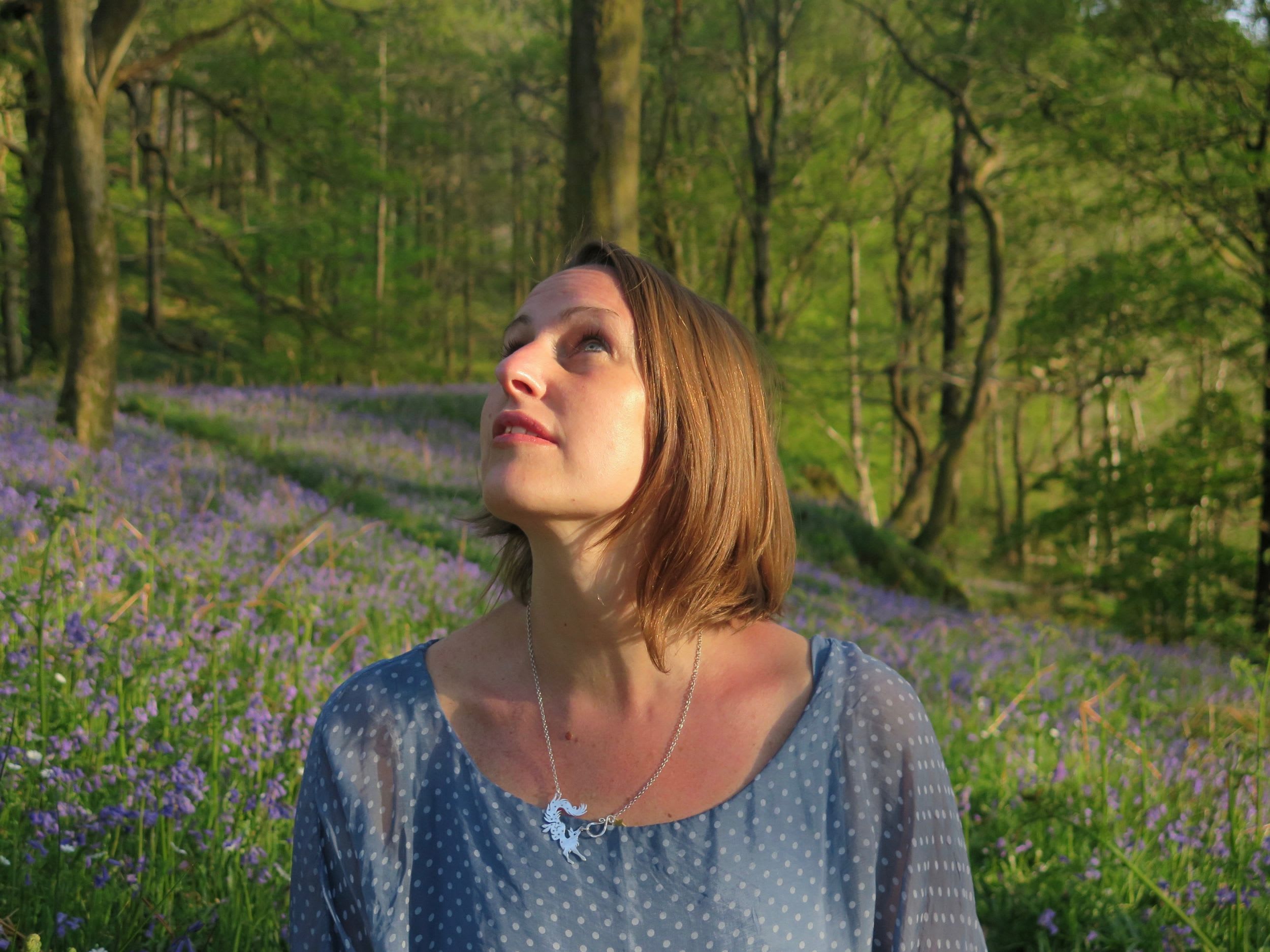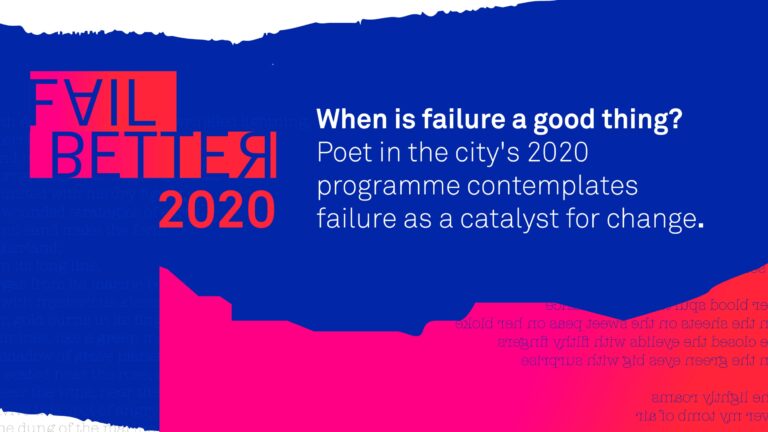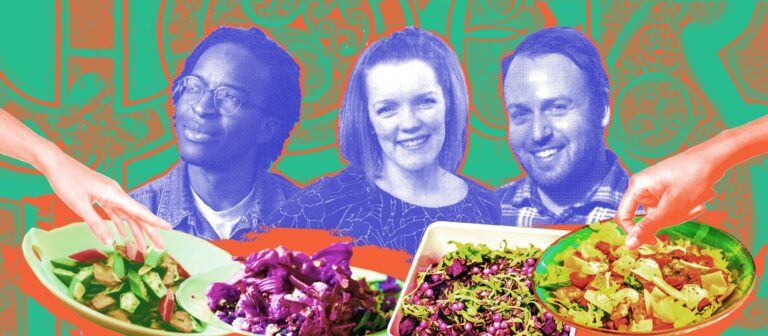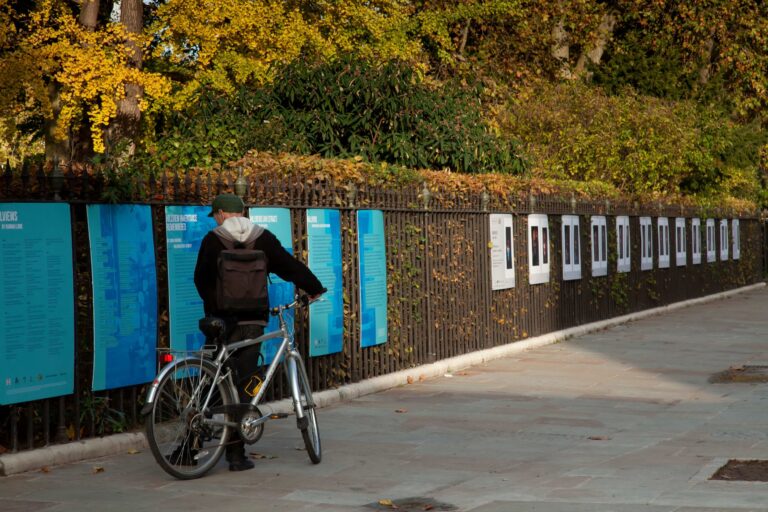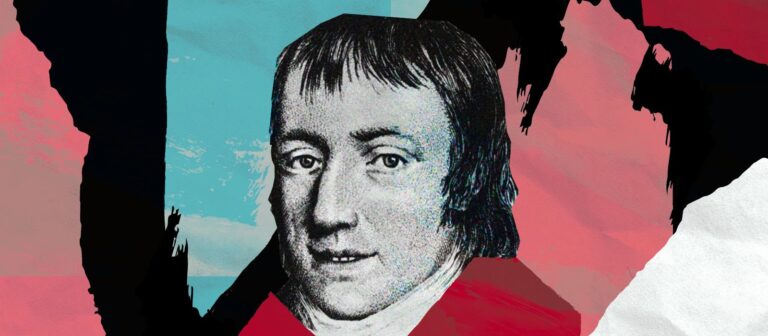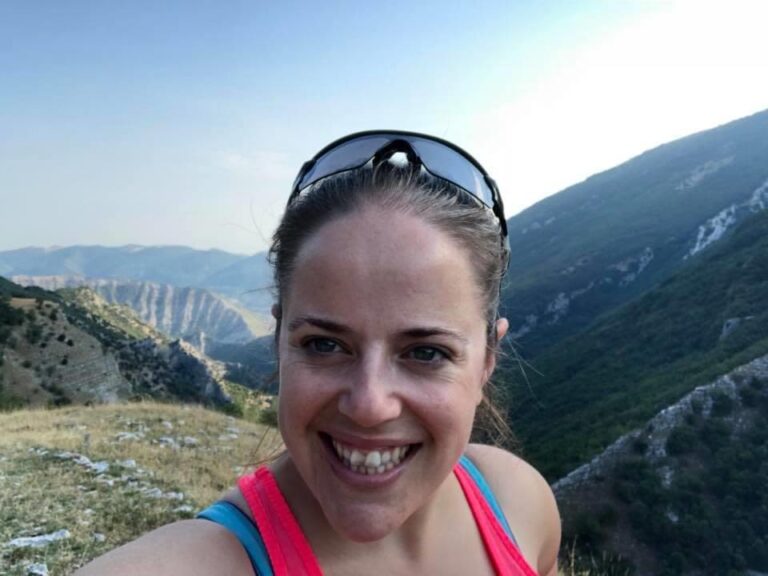A Heart More Wakeful: Nature Lessons with William Wordsworth
Polly Atkin joined our digital event on William Wordsworth, live from Grasmere, to discuss what learnings we could take from Wordsworth’s poetry today.
I’m going to explore in this piece what Nature meant to William Wordsworth and what we can gain from that now, here, in this strange parallel earth of 2020. ?For Wordsworth, poetry came from our interface with the world around us. He believed in an ‘active universe’, buzzing with information, if we are only open to receive it.
In ‘A slumber did my spirit seal’, he places rocks and trees and stones on an equal plane. He does not differentiate in his active universe between the parts of it conventionally thought of as living – trees – and those thought of as inert, non-sentient, like stone. In ‘To Joanna’ he calls the rock exactly this, ‘living stone’. ??But in Wordsworth’s world rock doesn’t just live: it can speak to the receptive listener. In ‘The Prelude’ he writes of how as a boy: ‘I would stand/Beneath some rock, listening to sounds that are/The ghostly language of the ancient earth.’ ‘Thence’, he says, ‘did I drink the visionary power.’ (1805 Prelude, II, 326-330)
This is so tied into his idea of poetry and what makes a poet that it’s impossible to unravel them.
… Poets, even as Prophets, each with each
Connected in a mighty scheme of truth,
Have each for his peculiar dower, a sense
By which he is enabled to perceive
Something unseen before. ?(1805 Prelude, XII, 301-5)
Poets are poets because they have an unusual ability to see into the stuff of things. To see what is around us, but see it clearer, deeper, on a more intimate level. ??If you have been watching His Dark Materials think of Will, learning to use the subtle knife, to instinctively feel the strands of shining matter, of dust. ??For Wordsworth, poets are people who are able to see dust, to listen, to feel those shimmering strands. And to tell other people of them. That’s where poetry comes in. Poetry is the medium for sharing the peculiar knowledge the poet has gained of the nature of the world. The poem becomes a conduit.
In ‘Home at Grasmere’, the praise poem Wordsworth writes after moving here, he writes of hoping to write ‘verse [that] may live and be/Even as a light hung up in heaven to chear/Mankind in time to come!’ The poet here is like the figure of the hermit in the tarot, a mountain man, holding up a lantern to illuminate the world. ??
***
?In recent years, belief in the health benefits of exposure to ‘nature’ – whatever we may mean by that – have become normalised in a way that hasn’t been seen since the last years of Wordsworth’s life, when hydropathic hotels sprung up through the Lake District offering ailing Victorians cold-water cures. You may have heard of studies which seem to prove how even looking at images of trees, flowers and water can improve people’s mood, and even promote wound-healing, of cold-water swimming as a cure for anxiety and depression. Books like Lucy Jones’ Losing Eden and Emma Mitchell’s The Wild Remedy explore these angles in fascinating ways. You may also have heard of the notion of ‘green prescribing’: that a GP can prescribe time spent gardening, cycling, walking or just being outdoors. There is even a new government scheme pushing green prescribing as a Covid recovery plan.
?These theories are founded on the Nature Cure: the belief that nature can heal us. If you’re able-bodied, I’m hedging my bets that you think this is a good thing. What harm could possibly come from encouraging people to spend more time in nature? Even if the effect is only a distraction, or a placebo, it can’t do damage, can it? For disabled and chronically ill people, these ideas have different repercussions. They can be used to victim-blame – to suggest we bring our symptoms on ourselves by not acting in the right way or doing the right thing. They suggest we can control our symptoms if we only try harder, spend more time outdoors, or doing certain activities. Perhaps most worryingly, they can be used to defund or deny access to other treatment, as in the 2020 report which recommends refusal of painkillers to primary pain patients, and use of mindfulness instead. ??Am I wrong to be suspicious of a £4.27m plan to increase access to green spaces for communities hardest hit by covid? Maybe. Time will tell. But I can’t help wondering what this scheme lets them avoid spending more money on instead.
?Even Richard Mabey, who popularized the notion of the Nature Cure in British Nature Writing through his eponymous 2005 book, said in an interview published in The Guardian this March that he fears it has ‘become mooted as a kind of panacea – a Green Prozac.’
The pandemic has drawn existing inequalities into sharp relief. Inequalities in quality of life, inequalities in access to health care, inequalities in access to green and blue spaces. While some people have railed at being asked to limit their movements for a few weeks, seeing these requests an infringement on their civil liberty, many disabled people have been unable to leave their houses for ten months now. At the same time, I have never seen so many think-pieces about how vital nature is to our wellbeing, none of them written by shielders.
***
Wordsworth’s relationship with nature was complex, and a long way from a simplistic ‘nature heals’ message.
There is an ongoing tension in his work between the book of the earth, that ghostly language, and actual books. If you think people looking at tech when they could be looking at the world began with smart phones, then read Wordsworth’s poem ‘On seeing some tourists of the Lakes pass by reading (a practice very common)’, and its plea for tourists in carriages to look out, not down:
There are twenty-four letters and these ye can read;
But nature’s ten thousand are Blanks in your sight.
Then throw by your Books, and the study begin.
The twinned poems ‘Expostulation and Reply’ and ‘The Tables Turned’ explore his conflicting feelings about where true knowledge comes from. ‘Expostulation and Reply’ sees the schoolboy Wordsworth being admonished by a friend for sitting on a rock and ‘dream[ing] his time away’ instead of paying attention to his books and the ‘light bequeathed’ through them. Wordsworth has his baby-poet self reply with an extraordinary philosophical treatise on the importance of doing nothing, of ‘wise passiveness’. ??
Think you, mid all this mighty sum/
Of things for ever speaking
That nothing of itself will come
But we must still be seeking?
It’s a great rant against productivity. For slow poetry; slow being. I love the phrase ‘our bodies feel […] against or with our will.’ That certainly reflects my experience. My body will have its own way, whatever I think about it.
??‘The Tables Turned’, shows a friend having to remind the older Wordsworth of the same truths. There is more wisdom in the song of the green linnet than in the dull and endless strife of book-learning. This is the poem that gives us the oft-repeated phrase: ‘Come forth into the light of things,/Let Nature be your teacher.’ This section of the poem would not be out of place in an Instagram post by a wellness guru and indeed, these two lines are often shared on ‘inspirational’ social media posts.? But the mode in this poem is self-mocking: Wordsworth is half-serious at best. He doesn’t really want everyone to throw aside books – or he wouldn’t be writing them. He’d have had a very short career if the Victorians who took the phrase ‘let nature be your teacher’ so seriously as a mantra really quit their books. These two kinds of knowledge – the ‘science and art’ of ‘all the sages’ – and ‘the lore that Nature Brings’ need to be balanced. Neither one without the other is worth much.
In ‘Resolution and Independence’ he details the ‘dim sadness’ that comes upon him despite the beautiful day and surroundings, a day in which ‘all things that love the sun are out of doors’. Instead he finds himself dwelling on how the pursuit of poetry can lead to ‘despondency and madness’. I think all poets have felt a bit of that after a run of rejections. In this poem, he finds solace not in nature itself, but in the lives of others, in talking to the Leechgatherer, and learning about his stoic approach to his own problems:
My former thoughts returned: the fear that kills;
And hope that is unwilling to be fed;
Cold, pain, and labour, and all fleshly ills;
And mighty Poets in their misery dead.
—Perplexed, and longing to be comforted,
My question eagerly did I renew,
“How is it that you live, and what is it you do?”
His childhood recollections are full of moments when he does damage to nature, regrets it, and learns to treat the nonhuman with greater ‘gentleness of heart’. In the famous boat-stealing scene from The Prelude we see a nature whose teaching is dark and threatening. In the poem ‘Nutting’ we see him reflecting on damage he did as a child to a hazel tree, how the mutilation he enacted pained him, and taught him to respect the ‘spirit in these woods’. It’s a hard lesson though, and one he has to learn over many years.
In some ways, this is one of the most useful elements of Wordsworth’s relationship with nature in a twenty-first century context. It wasn’t easy. He got things wrong. He wasn’t even a natural poet. In ‘The Sparrow’s Nest’ he remembers how in childhood it was Dorothy who taught him to pay that careful attention to the world that he later thought of as essential to being a poet, writing ‘She gave me eyes, she gave me ears;/And humble cares, and delicate fears.’ He writes very similarly of their brother John after he visits them in their first year in Grasmere. John makes a path in the woods where William cannot see a way through the trees, which William finds months later. John is able to do this because he has a ‘finer eye’ than William, ‘a heart more wakeful’. The teacher, nature, is not dependent on place in this story. Even though John is sent away to sea, William realises: ‘Nature there/Was with thee, she who loved us both, she still/Was with thee, and even so thou didst become/A silent Poet!’
In these times when fewer and fewer people have regular access to wild places, and there are fears that we are losing the vocabulary to talk about them – as underpins Jackie Morris and Robert Macfarlane’s The Lost Words – Wordsworth gives hope that we can learn at any time, from any starting point, any place. All we need to do is keep a heart more wakeful, ‘a watchful heart still couchant.’
***
None of this guarantees happiness, or good health.
?Thomas De Quincey once wrote that Wordsworth lived ‘a life of unclouded happiness’, but quite the opposite was true. The Wordsworths’ lives were punctuated by losses. They were orphaned as children, and separated – ‘squandered abroad’ as Dorothy put it. In ‘Home at Grasmere’ William calls them ‘two of a scattered brood that could not bear|to live in loneliness’. Their inheritance was locked into a lengthy legal battle. Their dreams of better fortune relied on John, who was to join them, but instead drowned at sea in 1805. The whole family was plagued by constant ill-health. Dorothy’s journals document headaches and stomach-aches and tooth-aches; days they had to go to bed early or lie in ill. ??They found consolation in nature because they desperately needed it. This is something I think a lot of people can relate to this year.
***
?An active universe must be treated with respect, as an equal mind, as sentient and complex. We must learn to live with nature, alongside it, as a companion, on equal footing. It is not a sticking plaster.
To see nature as curative for us is to enter into a transactional relationship with a nature which is outside ourselves, something we go to expecting it to heal us. It turns nature into a commodity. The purpose of nature is not to heal you, body or mind. The purpose of nature is not to supply you with a helpful epiphany. If either of these things happen, they happen where you meet the living universe as an equal. You can’t force it, or expect it. If you do, you’re little better than the child Wordsworth bashing the hazel tree, or smashing raven’s eggs. You’re just taking what you want. The relationship must be reciprocal.
There are ways to learn from and connect with the non-human world without expecting it to do all our work for us. To simplify it even into a therapeutic tonic is to do a disservice to all of us. It’s like taking a line out of poem, and not thinking about the context. To quote myself, from my essay ‘Swimming against the Nature Cure’ published in Ache earlier this year, ‘Wordsworth said let nature be your teacher, not let nature be your only recognized healthcare system.’
?I will never forget the jarring dissonance of the cry ‘Nature is Healing’ during the first swathe of international lockdowns as tens of thousands of people died. Are people not nature too? One of the best responses I saw to this pointed out that the virus is nature. All of this is nature. Nature is many-faced. It is beautiful and terrible. It nurtures and it kills. Wordsworth knew this all too well.
?ONS data has shown that younger disabled women like myself are 11.3x more likely to die of Covid-19 than our nondisabled peers. As of mid-June, a third of all coronavirus deaths in the UK were disabled people. The BBC began to announce deaths like this: [N] people died, but [X] number of them had pre-existing conditions. As though our lives were worth less. As though we were already dead to them. Rocks, and stones, and trees. ??What Wordsworth’s poetry shows us is that we can learn to listen better, see deeper, be a better co-tenant of the active universe. And that maybe, if we live in the world with sensitivity and care, we will get sensitivity and care in return. In ‘There is an Eminence’, the crag ‘seems to send/Its own deep quiet to restore our hearts.’ It’s not restorative because it’s natural. It’s restorative because they love it. In ‘Home at Grasmere’ he writes of the vale as a guardian: sentient, responsive to his own love for it:
Embrace me then, ye Hills, and close me in;
Now in the clear and open day I feel
Your guardianship; I take it to my heart;
’Tis like the solemn shelter of the night.
??So what can we take from Wordsworth and his relationship to the natural world, human and nonhuman, that can help us as we negotiate our lives in this era of climate crisis, of pandemic, these times of personal and global catastrophies.
Simple things that we already know but may need to be reminded:
Slow down
Listen
Feel
Sit on a rock or a tree stump or the ground, and just be?
Be considerate of others, human and nonhuman; do not judge them before you know them?
Care about the place you live in; show it so
Be kind to trees?
Be kind to birds
Appreciate small and overlooked things: weeds, mosses, anything other people discount as worthless or ugly (disabled people, poor people)
?Lie in a ditch near someone you trust and let the sky roll into you
?Listen?
Keep Listening?
Don’t expect to get it right first time, next time, last time
Forgive yourself for your daily failings
Do nothing when it is right for you to do nothing
Stand up and speak out when it is right to speak out
Always try to be better than you could be
Bring with you a heart that watches and receives
Remember we are greater than we know.
———–
Polly Atkin lives in Cumbria. Her doctorate on Romantic legacies and the Lake District was conducted under the AHRC Landscape and Environment project, in collaboration with The Wordsworth Trust and Lancaster University. She has taught English and Creative Writing at QMUL, Lancaster University, and the Universities of Strathclyde and Cumbria. Her first poetry collection Basic Nest Architecture (Seren: 2017) is followed by a third pamphlet, With Invisible Rain (New Walk: 2018). Her second poetry collection Much With Body, will be published by Seren in 2021, supported by a 2020 Northern Writers Award. She is working on a memoir exploring place, belonging and disability, and a biography focusing on Dorothy Wordsworth’s later life. With Kate Davis and Anita Sethi she co-founded the Open Mountain initiative at Kendal Mountain Festival, which seeks to centre voices currently at the margins of outdoor, mountain and nature writing.
